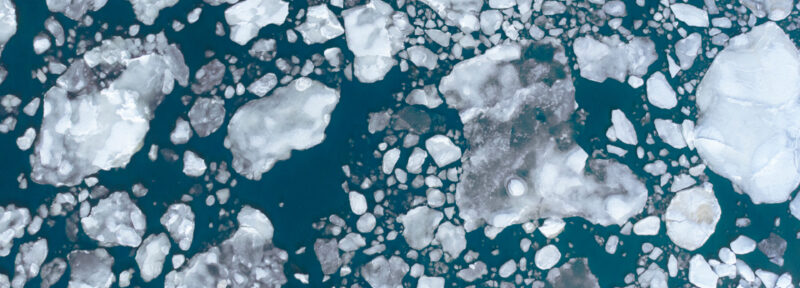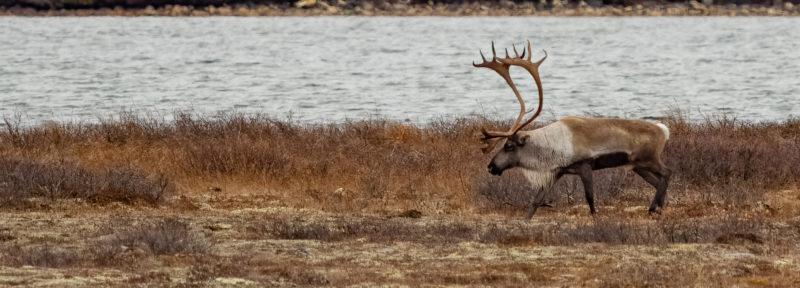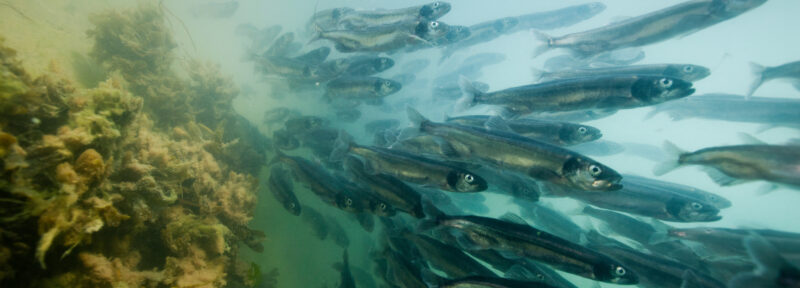New Arctic Marine Atlas Surveys a Spectacular Region at Risk
FOR IMMEDIATE RELEASE: September 17, 2018
OTTAWA—Oceans North, Ducks Unlimited Canada and World Wildlife Fund- Canada are thrilled to release Canada’s Arctic Marine Atlas, a 122-page publication that relies on the latest data to describe an extraordinary ecosystem undergoing dramatic shifts due to climate change.
The atlas provides a comprehensive overview of how humans and the species they depend on are faring in this changing environment. Set against the backdrop of diminishing sea ice, the atlas compiles complex scientific information into an accessible volume that can be read in English, French or Inuktitut.
“We’re pleased to offer this first-of-its-kind resource to help educate Canadians about the Arctic marine environment,” said Louie Porta, vice-president of operations for Oceans North. “Fact-based conservation measures are essential to ensuring a healthy Arctic Ocean for generations to come.”
Starting with a focus on Inuit and their reliance on the ocean for hunting and travel, the atlas discusses industrial development and conservation management efforts in Canada’s North. Subsequent chapters survey species ranging from cold-water corals to bowhead whales and describe the region’s physical oceanography and biosphere, from the bottom of the food chain up through fish, birds and marine mammals.
“Arctic ecosystems are experiencing increasing pressure from both the effects of climate change and development,” said Leslie Bogdan, director of regional operations for Ducks Unlimited Canada. “Scientific research and knowledge transfer are critical to ensuring that careful planning and conservation measures can be implemented by Indigenous communities, governments and industry.”
The atlas includes seven chapters with a total of 67 images, 77 maps, 33 scientific illustrations and three food-web graphics. Oceans North and its partners hope that the atlas will support conservation efforts to protect this spectacular Arctic ecosystem.
“The Arctic is undergoing rapid change, attracting attention from nations and corporations eyeing its business potential,” said Paul Crowley, head of Arctic conservation for WWF-Canada. “We have an opportunity here to get it right, and that starts with understanding the marine environment through the eyes of the people who rely on it and the wildlife that make it home.”
The atlas is available on the following websites:
Oceans North: oceansnorth.org
Ducks Unlimited Canada: www.ducks.ca
World Wildlife Fund Canada: wwf.ca
MEDIA CONTACTS:
Louie Porta, vice-president of operations
Oceans North
[email protected]
250-551-5231
Ruth Teichroeb, senior manager, communications
Oceans North
[email protected]
613-233-5989
Catharine Tunnacliffe, communications specialist
WWF-Canada
[email protected]
1-647-624-5279
###
Oceans North supports made-in-the-Arctic solutions through partnerships with Indigenous organizations and northern communities to foster Arctic ecological resilience and abundance.
Ducks Unlimited Canada conserves, restores and manages wetlands and associated habitats for waterfowl which also benefit other wildlife and people.
WWF-Canada creates solutions to the environmental challenges that matter most for Canadians. We work in places that are unique and ecologically important, so that nature, wildlife and people thrive together. Because we are all wildlife.




